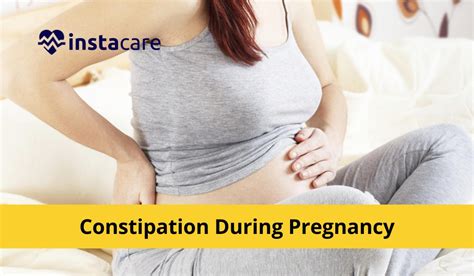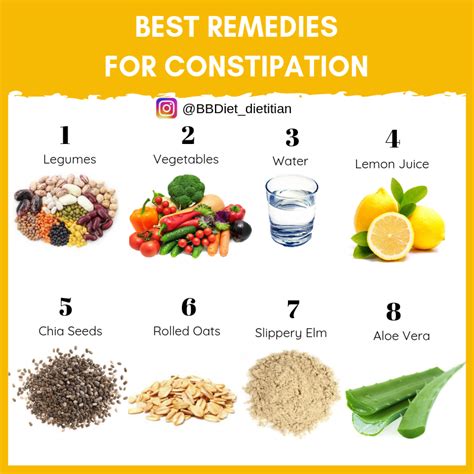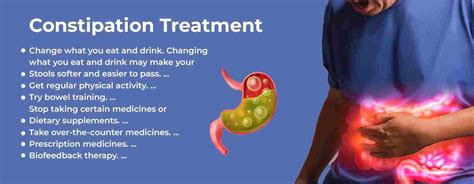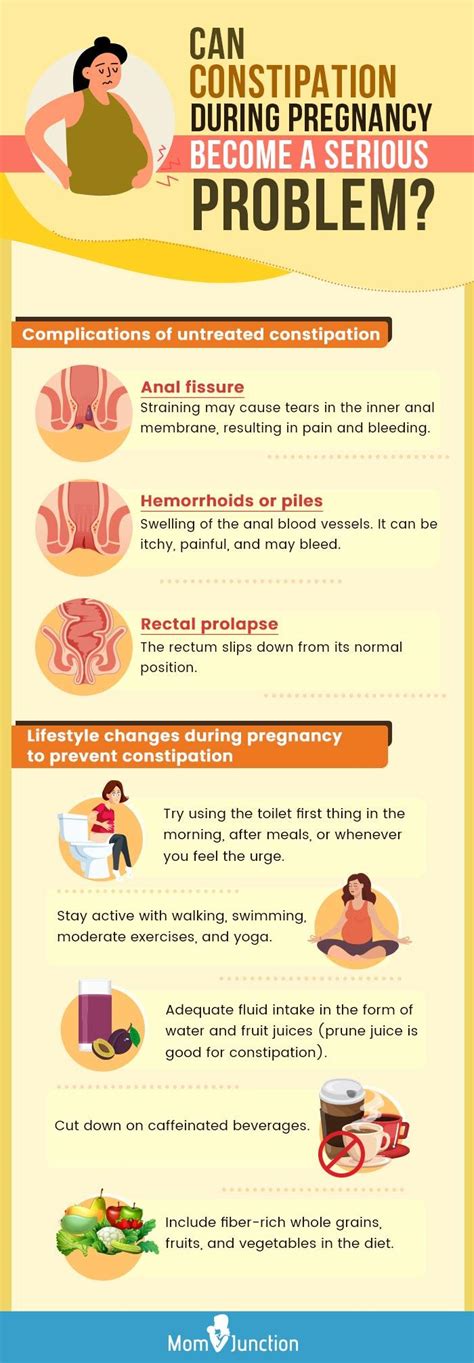Intro
Discover pregnancy constipation relief methods, including natural remedies, dietary changes, and lifestyle adjustments to alleviate symptoms and promote digestive health during pregnancy.
Pregnancy is a life-changing experience that brings about numerous physical and emotional transformations. One of the common issues that pregnant women face is constipation, which can be uncomfortable and painful. Constipation during pregnancy is a prevalent problem, affecting up to 40% of expectant mothers. The hormonal changes, pressure on the rectum, and changes in bowel habits can all contribute to constipation. It is essential to address this issue to ensure a healthy and comfortable pregnancy.
As the body undergoes significant changes during pregnancy, the digestive system is also affected. The increased levels of progesterone can slow down bowel movements, leading to constipation. Furthermore, the growing uterus can put pressure on the rectum, making it difficult to pass stools. A healthy diet and lifestyle can help alleviate constipation, but it may not be enough for some women. Therefore, it is crucial to explore various relief options to manage constipation effectively.
Understanding the causes and effects of constipation during pregnancy is vital to finding relief. The symptoms of constipation can range from mild to severe and may include infrequent bowel movements, hard or lumpy stools, and straining during bowel movements. If left untreated, constipation can lead to more severe complications, such as hemorrhoids, anal fissures, and rectal prolapse. By acknowledging the importance of addressing constipation, pregnant women can take proactive steps to prevent and manage this issue.
Pregnancy And Constipation Causes

Role Of Hormonal Changes
The hormonal fluctuations during pregnancy play a significant role in constipation. Progesterone, in particular, can affect bowel movements by relaxing the muscles in the digestive tract. This can lead to slower digestion and bowel movements, resulting in constipation. Furthermore, the increased levels of progesterone can also cause water retention, which can lead to harder stools and more difficulty passing them.Impact Of Uterus Expansion
As the uterus expands, it can put pressure on the rectum, making it challenging to pass stools. This pressure can cause the rectal muscles to become weaker, leading to constipation. Moreover, the growing uterus can also cause the intestines to become compressed, leading to slower bowel movements and constipation.Constipation Relief During Pregnancy

Dietary Changes
A high-fiber diet can help alleviate constipation during pregnancy. Foods rich in fiber, such as fruits, vegetables, whole grains, and legumes, can help stimulate bowel movements. It is essential to increase fiber intake gradually to allow the digestive system to adjust. Additionally, staying hydrated by drinking plenty of water can help soften stools and make them easier to pass.Lifestyle Modifications
Regular physical activity can help stimulate bowel movements and relieve constipation. Engaging in activities like walking, swimming, or prenatal yoga can help improve digestion and bowel habits. Furthermore, establishing a consistent bowel routine, such as attempting to have a bowel movement at the same time each day, can help train the bowels and improve constipation.Natural Remedies For Constipation Relief

Probiotics
Probiotics are beneficial bacteria that can help regulate bowel movements and alleviate constipation. They can be found in fermented foods like yogurt, kefir, and sauerkraut, or taken as supplements. Probiotics can help improve digestion, reduce symptoms of constipation, and promote overall gut health.Psyllium Husk
Psyllium husk is a natural fiber supplement that can help promote bowel movements and relieve constipation. It works by absorbing water and expanding in the intestines, helping to soften stools and make them easier to pass. Psyllium husk can be taken as a supplement or added to food and beverages.Medical Treatments For Constipation

Laxatives
Laxatives can help stimulate bowel movements and relieve constipation. However, they should be used with caution and only under the guidance of a healthcare provider. Laxatives can be habit-forming and may interfere with the absorption of nutrients.Stool Softeners
Stool softeners can help soften stools and make them easier to pass. They work by increasing the amount of water in the stool, making it softer and more comfortable to pass. Stool softeners are generally safe for use during pregnancy, but it is essential to consult with a healthcare provider before taking any medication.Preventing Constipation During Pregnancy

High-Fiber Diet
A high-fiber diet can help prevent constipation during pregnancy. Foods rich in fiber, such as fruits, vegetables, whole grains, and legumes, can help stimulate bowel movements and prevent constipation.Regular Physical Activity
Regular physical activity can help prevent constipation during pregnancy. Engaging in activities like walking, swimming, or prenatal yoga can help improve digestion and bowel habits, reducing the risk of constipation.Conclusion And Final Thoughts

We invite you to share your thoughts and experiences with constipation during pregnancy. Have you found any effective relief methods or natural remedies? Share your story in the comments below, and let's work together to support each other through this journey.
What are the common causes of constipation during pregnancy?
+The common causes of constipation during pregnancy include hormonal changes, pressure on the rectum, and changes in bowel habits. Progesterone can slow down bowel movements, while the growing uterus can put pressure on the rectum, making it challenging to pass stools.
How can I relieve constipation during pregnancy?
+Relieving constipation during pregnancy requires a combination of dietary changes, lifestyle modifications, and natural remedies. Increasing fiber intake, staying hydrated, and engaging in regular physical activity can help stimulate bowel movements and relieve constipation. Natural remedies like probiotics, psyllium husk, and magnesium can also help soften stools and promote bowel movements.
What are the risks of untreated constipation during pregnancy?
+Untreated constipation during pregnancy can lead to more severe complications, such as hemorrhoids, anal fissures, and rectal prolapse. It can also cause discomfort, pain, and emotional distress, affecting the overall quality of life during pregnancy.
